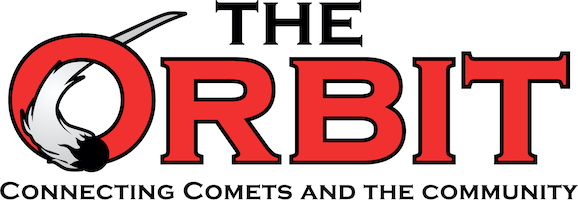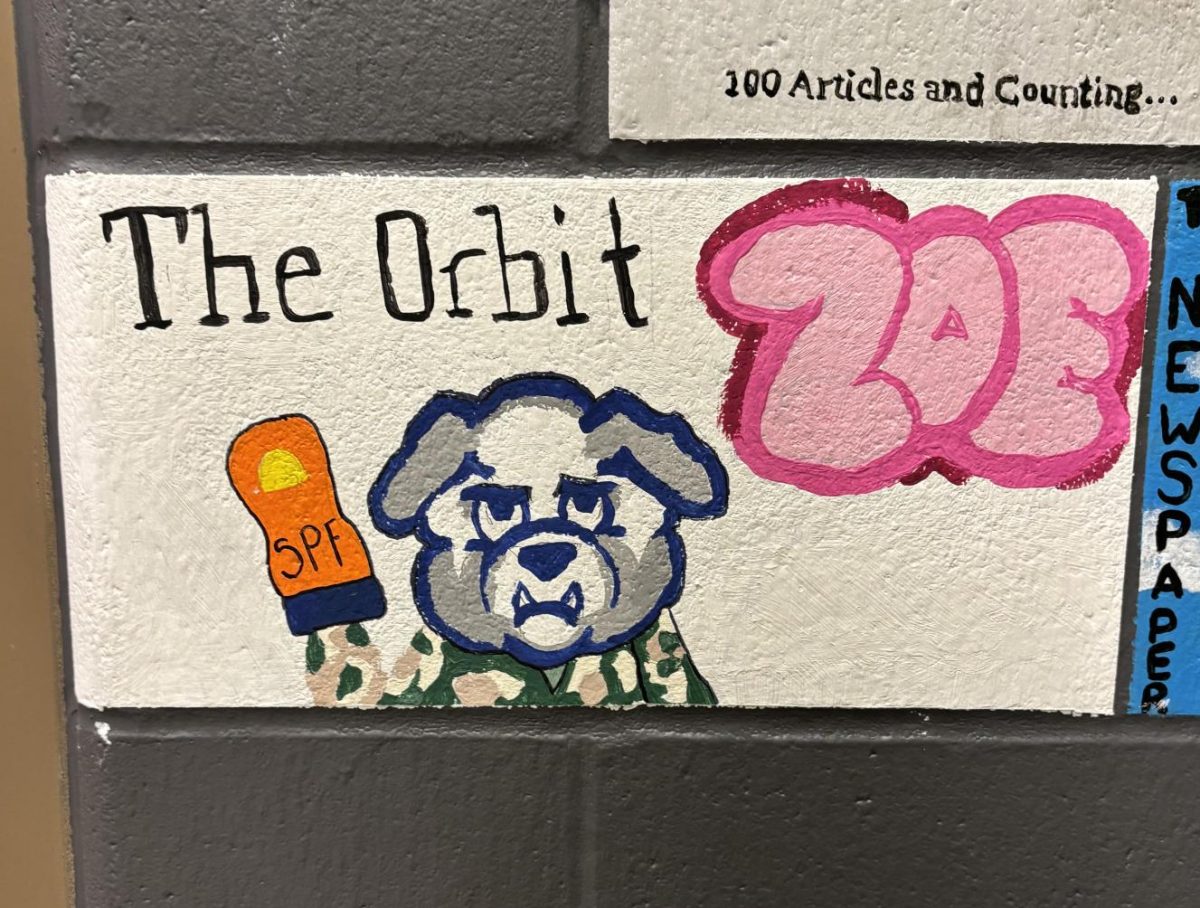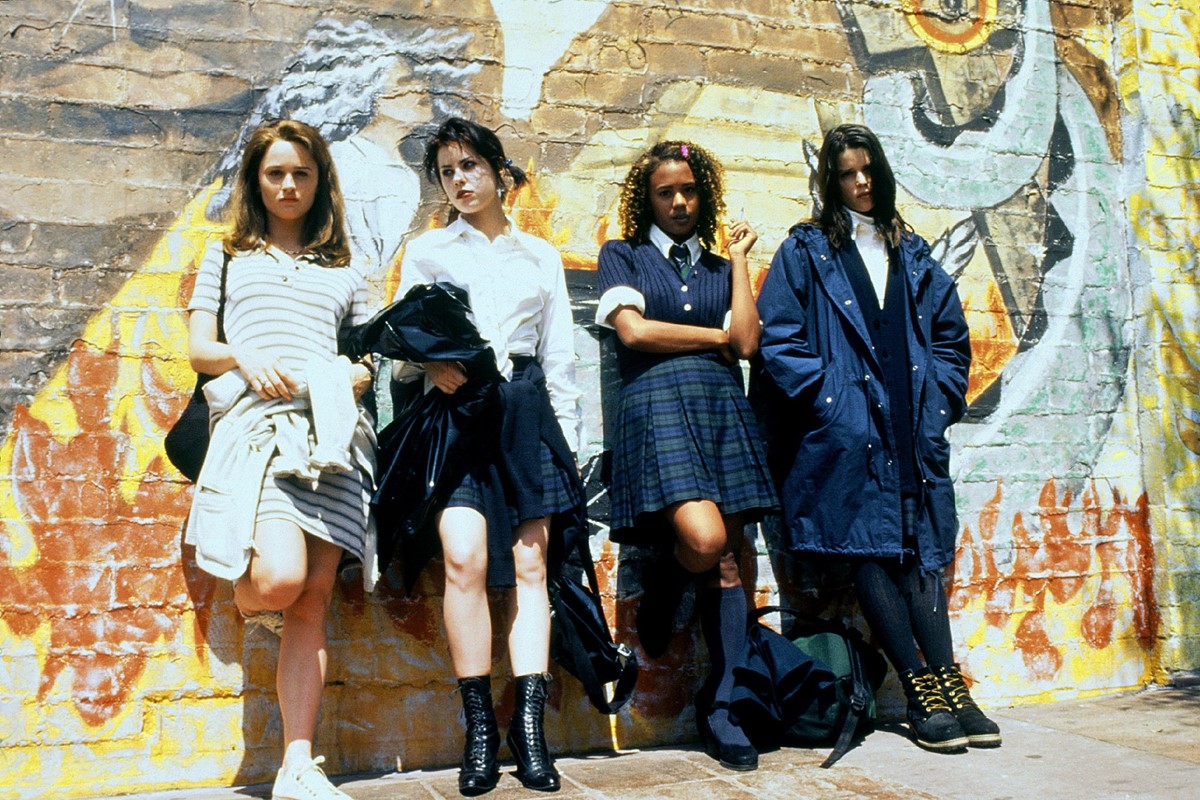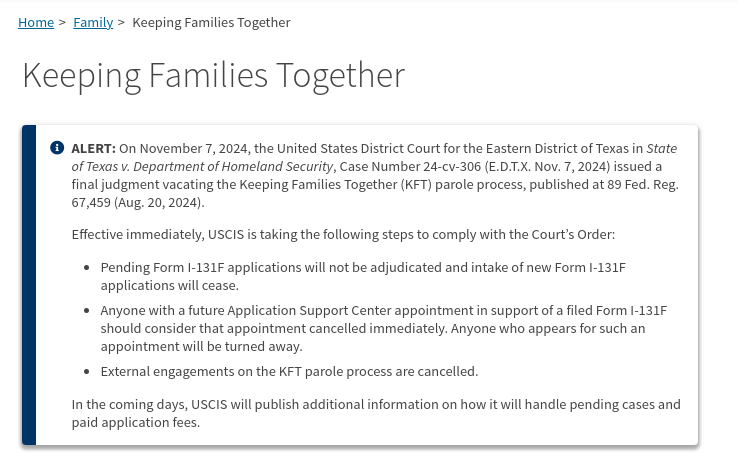The relationship between children and the workplace has long been frowned upon. It is rare to identify a person who is in favor of child workers as most realize children should be focused on relationship building and education over an occupation. However, if this workplace is a film studio many do not follow the same set of values. Child actors are regarded in a completely different light and many view these children as spoiled and living the dream. However, time and time again these former child actors divulge their jobs as being anything but a dream.
Behind the Scenes
The trauma endured as a child actor was once an unspoken issue within the industry. However, recently many of these former stars have spoken out about the injustices and cruelty faced on the job in documentaries and interviews such as the recently released “Quiet on Set.” In these series’ they disclosed the atrocities endured during the filming of seemingly innocent shows.
The “Quiet on Set” series featured multiple child actors who had formerly worked on Nickelodeon programs and who had suffered from sexual abuse at the hands of their bosses or other adults working on set. Most of the allegations discussed during “Quiet on Set” were against famous TV producer, Dan Schneider.
There have been multiple claims describing Schneider as cruel to some children while being overly friendly to others depending on his opinions of them. Schneider would abuse his position of power to film what a The Guardian article by Jack Seale called “plain in sight moments.” The female child actors would often perform sexual innuendos while filming under the direction of Schneider.
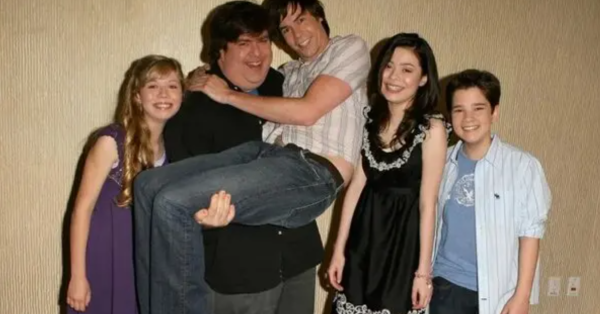
Seale cited some “plain in sight moments” in Schneider’s shows like “…repeatedly featured underage performers in bikinis or leotards, or having jets of water or thin stripes of goo squirted into their faces. Girls’ bare feet were a disturbing recurrent theme, and on one occasion a 16-year-old Ariana Grande pretended to “‘milk’ a potato with two hands.”
Many stars on these shows disclosed on “Quiet on Set” that these actions made them uncomfortable. However, as children coming forward about such a difficult subject is a big task. Children may lack the skills needed to express their discomfort. They also may feel as though nothing was wrong with what they were doing at the time because they have yet to identify what an unhealthy relationship may look like or fail to realize what they are doing may even be considered sexual. Children are prime targets to be victims because of their innocence.
How is a child with a career in entertainment supposed to speak out against one of the most famous children’s TV producers at the time? These children may have had dreams to be an actor or may have been working to provide monetary stability for their families. Coming forward would not have been a viable option if they wanted to continue to have a career due to the chokehold that Schneider had on the industry.
Schneider is not the only adult who has taken advantage of these children; child actors will continue to be taken advantage of under a corrupt system in which speaking out is an impossible task. There is a hostile culture in children’s entertainment that is allowed by not only people like Schneider but also his higher-ups who know children mean views and profits.
As Seale explained “[o]ne line of defense put forward by Schneider, about the crassly sexualized gags in his shows, does have some merit: he shouldn’t have done it, he says, but no producer has the power to air whatever they want on a network such as Nickelodeon. His bosses and their bosses, and their bosses, failed to object.”
Kids or Income?
A line is crossed when the parents of these children use their children as their main source of income through the jobs they can book. An immense amount of pressure is placed on the children to provide for their families and this often is the root of later abuse and what leads these stars to negative occurrences such as drug addiction. This process of becoming income rather than a kid is seen in child stars like the Sprouse twins.
On an episode of Steven Barlett’s podcast The Diary of a CEO, Cole Sprouse went on the record saying being a child star was not his dream- it was his mother’s. Sprouse believes his mother “… found a tremendous sense of self-identity through motherhood, and tried to turn it into a profitable business at the same time, which for identical twin boys going into acting is an economic loophole.”
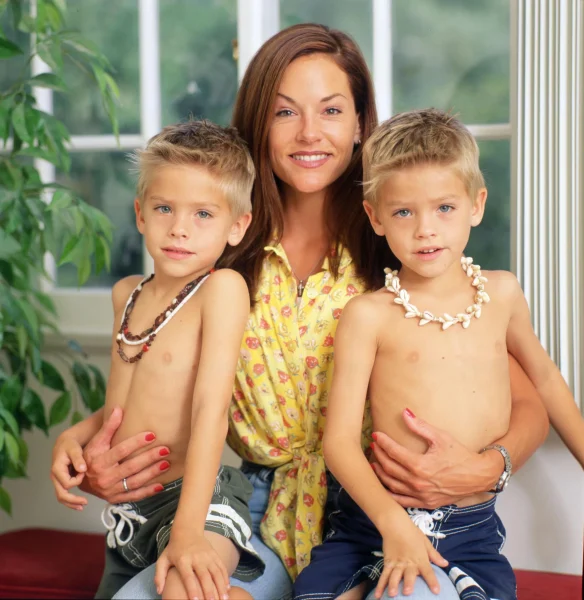
When a child is the main provider for their family they are no longer a kid but a source of money. While there are some regulations made to protect some of this money for the kids, that does not stop the children from feeling like they need to book jobs to make ends meet.
Sprouse later explained in the podcast that to a “single mom, two twin boys put food on the table, so the choice [of acting] never really existed.”
New Forms of “Child Actors”
While taking financial advantage of these children runs rampant within the acting industry, an unspoken industry currently being exploited is the children being filmed on YouTube, TikTok and other social media platforms. There are laws in place to save some percentage of the children’s hard-earned income for the child and the rest of that money goes to the parents. However, these regulations are not in place on social media and as these platforms continue to grow so does the profit made off of these “family vlogging” YouTube channels.
Family vlogs often film the day-to-day lives of their family with a primary focus on the children. These kinds of channels are a somewhat recent trend in modern media and that means few laws protect these children from abuse. The parents of these channels need eye-catching content for their primary audience of children. This often means filming pranks or over-dramatized events in the kid’s lives.
In an article by Kiersten Stafford, she explained “[w]hile once upon a time family vlogs depicted average everyday life, the increasing amount of revenue that was coming to YouTubers in the mid-2010s forcefully raised the bar. The daily activities of everyday individuals were no longer cutting it, and the pursuit for extravagance, perfection, and arrogance began to take hold, at the expense of the families’ most vulnerable members.”
An example of these “vulnerable members” being targeted is the family channel “8 Passengers” formally run by the children’s mother Ruby Franke. The “8 Passengers” made content about their Mormon lifestyles and gave controversial parenting advice. Franke would share monumental moments in her children’s lives, like her daughter shaving for the first time. Many thought this was a private and weird moment to film and make money off of. However, Franke would continue to make more content sharing her children’s personal lives.
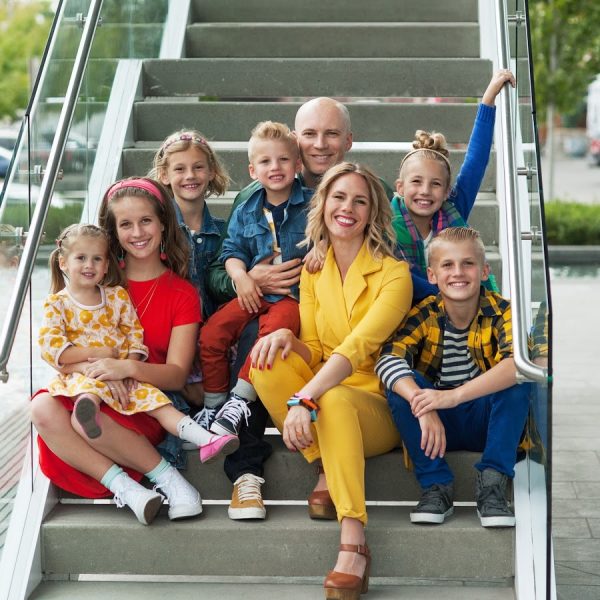
An additional example was her filming a call with one of her children’s teachers. Her child’s teacher explained how she had forgotten her lunch for school at home. Franke expressed that this was a teaching moment for her kid and refused to bring her child lunch and explicitly told the school to not give her any extra food. Franke was later arrested for abuse including starving her children. Many former fans found there were many warning signs in her videos of mistreatment of her children.
In an Instagram story by Franke’s eldest daughter, Shari Franke wrote “Justice is being served.”
What happens on camera is a very different reality than behind the camera. Kids are being profited off of and mistreated and very little is being done to prevent children from being taken advantage of on social media platforms.
Stafford further explained that “[b]etween the lack of legal protections for kids, the competitive environment of the vlogging community, and the permanent psychological damage faced by children of family vloggers, it is clear that this is not a healthy form of income for families.”
